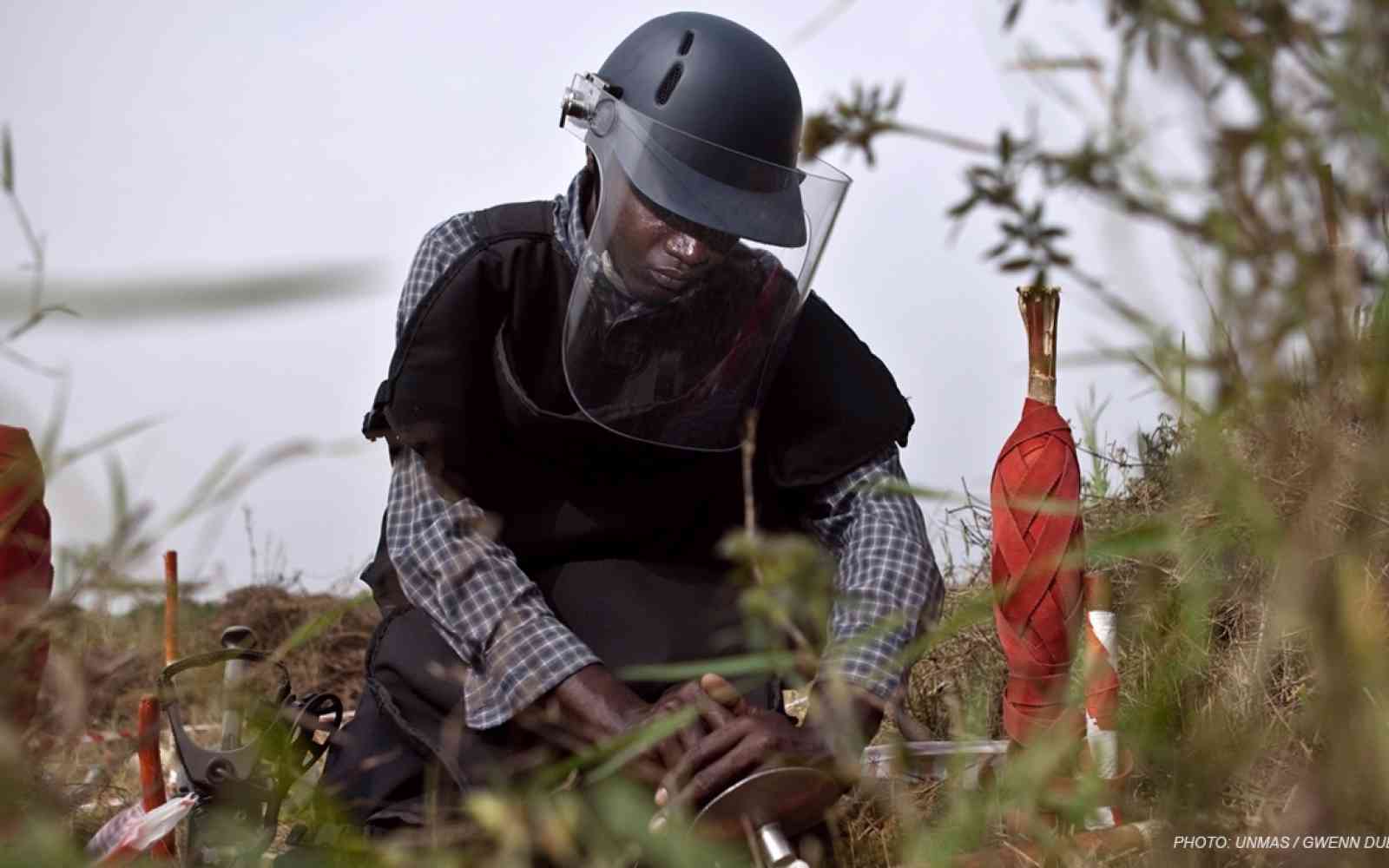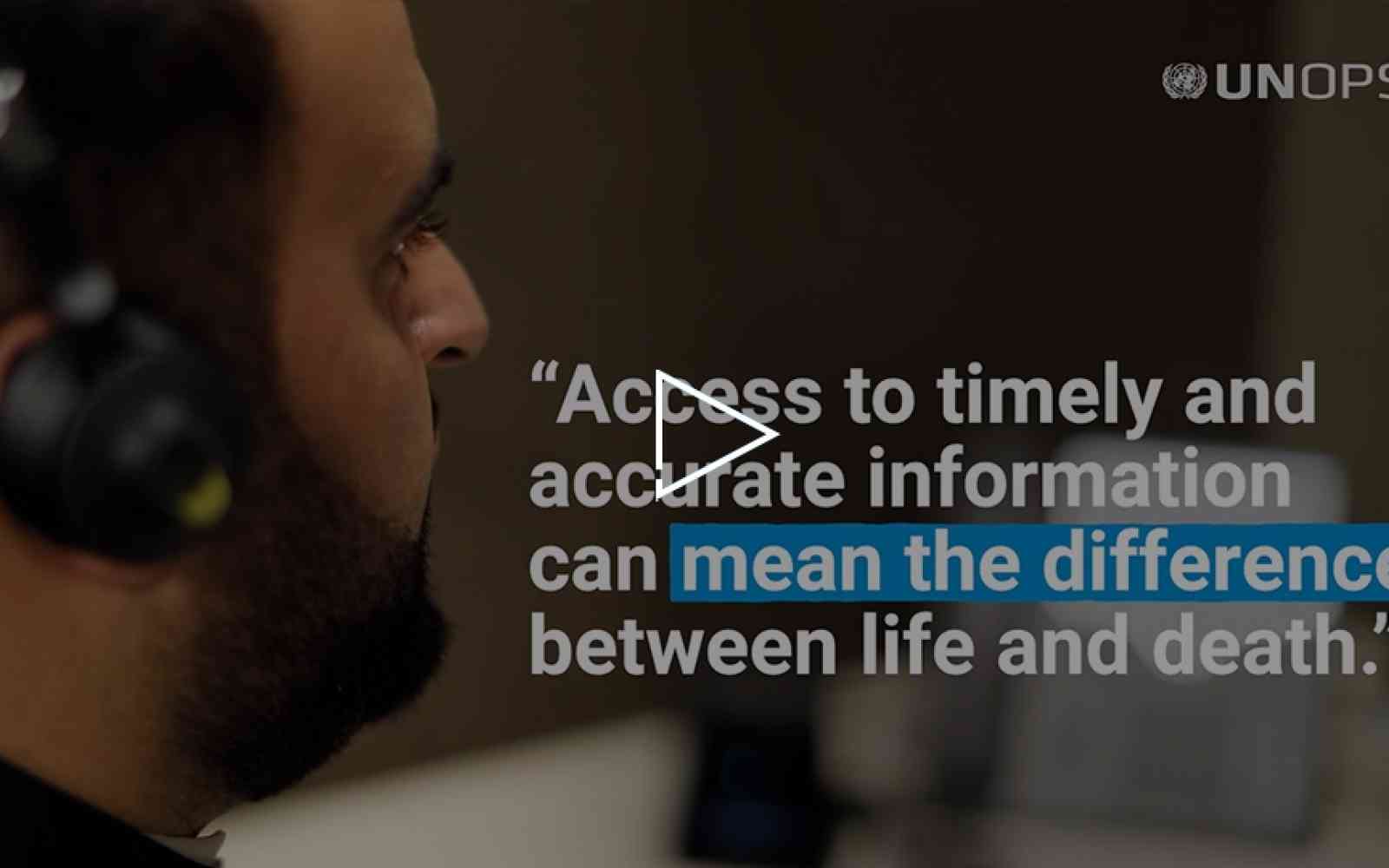The United Nations Office for Project Services (UNOPS)
New funding pledged for jobs and livelihoods in Afghanistan
A new agreement signed with the World Bank will further strengthen community resilience and support vulnerable Afghans.
- This article was originally published 23 February 2024.
Project update:
30 April 2024
The World Bank has approved $84 million in additional funding from the International Development Association (IDA) for the Afghanistan Community Resilience and Livelihoods Project.
In 2022, following the fall of the government of the Islamic Republic of Afghanistan, 42 million people who were already reeling from decades of war, a fragile economy and recurrent climate-induced disasters were facing one of the world's worst humanitarian crises. Within this challenging context, the World Bank and the Afghanistan Resilience Trust Fund initiated the UNOPS-managed Afghanistan Community Resilience and Livelihoods Project (CRLP).
To date, the $265 million project has directly benefitted over 750,000 households across the country. The World Bank and UNOPS have signed an extension to the original agreement that will bring an additional $70 million of funding into the project.
“The humanitarian crisis in Afghanistan continues, but there is a need to create livelihoods and jobs that allow communities to help themselves and help each other. Afghan women and men want jobs,” said Susan Wong, CRLP Task Team Leader, World Bank.
This project works at the very grass-roots level to help families and communities build their resilience.
“Working together with UNOPS, the project has already provided short-term livelihoods for nearly a million people, but there remain too many in need and we have much work ahead. The project also supports the private sector including over 4,000 small businesses and suppliers in urban and rural areas,” added Tahir Akbar, CRLP Task Team Leader, World Bank.
In rural and urban areas, poor households are included in cash-for-work projects, with labourers working between 28 to 60 days for $4.50 and $7 per day – enough to buy approximately four to six weeks' worth of food for the household.
“Working under unpredictable and challenging circumstances, the project has managed to reach vulnerable women and men. CRLP does this by creating jobs and livelihoods, by giving communities active ownership over their projects,” said Nicholas George, Director and Representative of UNOPS in Afghanistan.
Cash-for-work activities are labour-intensive. They typically involve clearing roads, canals and drainage channels; planting for parks and greening open spaces; repairing pavements and gravel roads; building small-scale water and sanitation infrastructure; and improving markets.
To support households that cannot provide a labourer, the CRLP provides social grants in food or cash to help these especially vulnerable people.
This support comes at a crucial time for families. The cash-for-work can help people feed their families and give them the choice not to sell off livestock or meagre belongings just to survive. It can help people avoid harmful and unsustainable coping practices and give them time to find other ways to move forward.
“Further, the project leaves behind an asset – be it a path, a protection wall, greened park or clean canal – that the whole community can use and benefit from,” he added.
So far, nearly 900,000 people have been employed in over 5,000 labour-intensive and cash-for-work activities, with over 9 million Afghans benefitting overall.
















